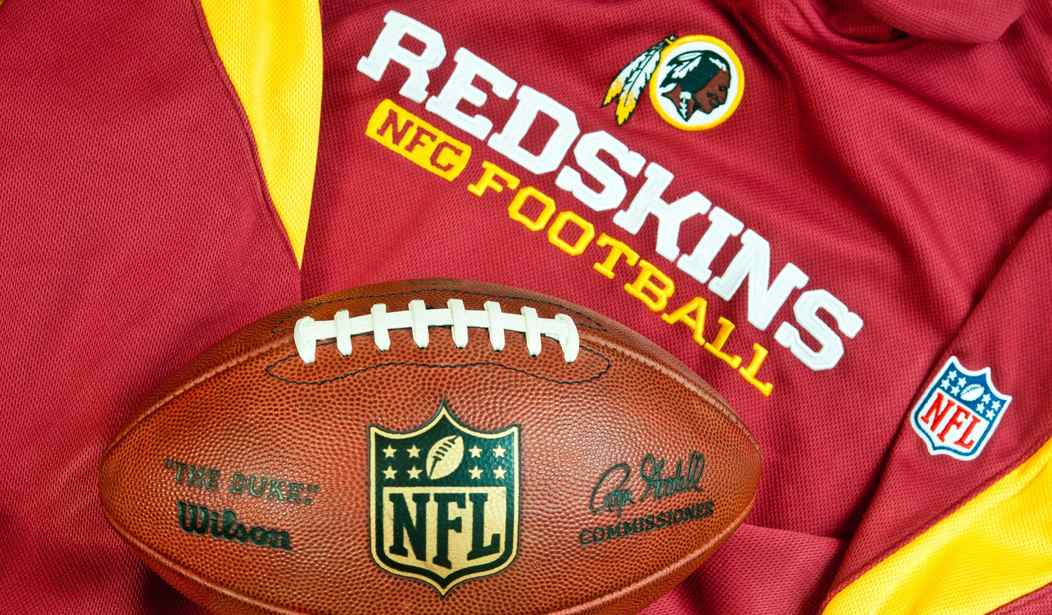In a unanimous decision Monday, the U.S. Supreme Court struck down the “disparagement clause” in U.S. copyright law as an unconstitutional violation of the First Amendment. While the case in question applied to a rock group called “The Slants,” it will likely carry over to the case of the Washington Redskins, who were denied patents in 2014 on the grounds that the “Redskins” name was offensive to Native Americans.
In Matal v. Tam, The Court ruled that the Patent and Trademark Office (PTO) had acted wrongly in denying a copyright to Simon Tam, an Asian-American lead singer who adopted “The Slants” for the name of his band in order to “reclaim” the term, which has been a derogatory slant against Asians.
The Slants argued that they did not intend to offend anyone, but merely wished to reclaim the term as a declaration of Asian pride, much as LGBT people have championed the word “queer.”
In ruling for Tam, the Court struck down the Lanham Act’s provision saying that trademarks may not “disparage … or bring … into contemp[t] or disrepute” any “persons, living or dead.”
“The disparagement clause violates the First Amendment’s Free Speech Clause,” Justice Samuel Alito wrote for the majority opinion. He argued that “trademarks are private, not government speech.” Since the free speech clause of the First Amendment does not regulate government speech, the government need not maintain viewpoint neutrality on its speech, so the distinction between government and private speech is exceedingly important.
Alito further argued that “if private speech could be passed off as government speech by simply affixing a government seal of approval, government could silence or muffle the expresion of disfavored viewpoints.” (This point underscores First Liberty Institute’s contention in the case of Moriah Bridges, a high school senior who was told she could not mention God in her graduation speech.)
While the decision for Tam was unanimous, the justices were divided on the reasoning.
The Roberts Court in recent years has protected offensive speech, as noted by The New York Times. The Court defended the Westboro Baptist Church’s freedom to protest a military funeral and it even upheld the freedom to lie about military honors. In the 2015 Reed v. Town of Gilbert case, Justice Clarence Thomas wrote that laws “that target speech based on its communicative content” are “presumptively unconstitutional.”
It is important to note, however, that the Court defended government decisions when it comes t government speech. In the 2015 5-4 decision Walker v. Sons of Confederate Veterans, the Court upheld Texas’ refusal to allow specialty license plates bearing the Confederate battle flag, because the plates were government speech.
The Court’s ruling in favor of Tam suggests a likely victory for the Washington Redskins, which had its trademarks registered in 1967, 1974, 1978, and 1990. In 2014, the PTO canceled six registrations, arguing that the term “Redskins” was derogatory under the Lanham Act.
The Redskins lost before a trial judge in Virginia in 2015 and appealed to the U.S. Court of Appeals for the Fourth Circuit, also in Virginia. The appeals court put the case aside while the Supreme Court considered Matal v. Tam.
The appeals court’s deference to the Supreme Court suggests that it will likely find in favor of the Redskins, as the very provision which the Redskins are said to have violated has now been struck down.









Join the conversation as a VIP Member